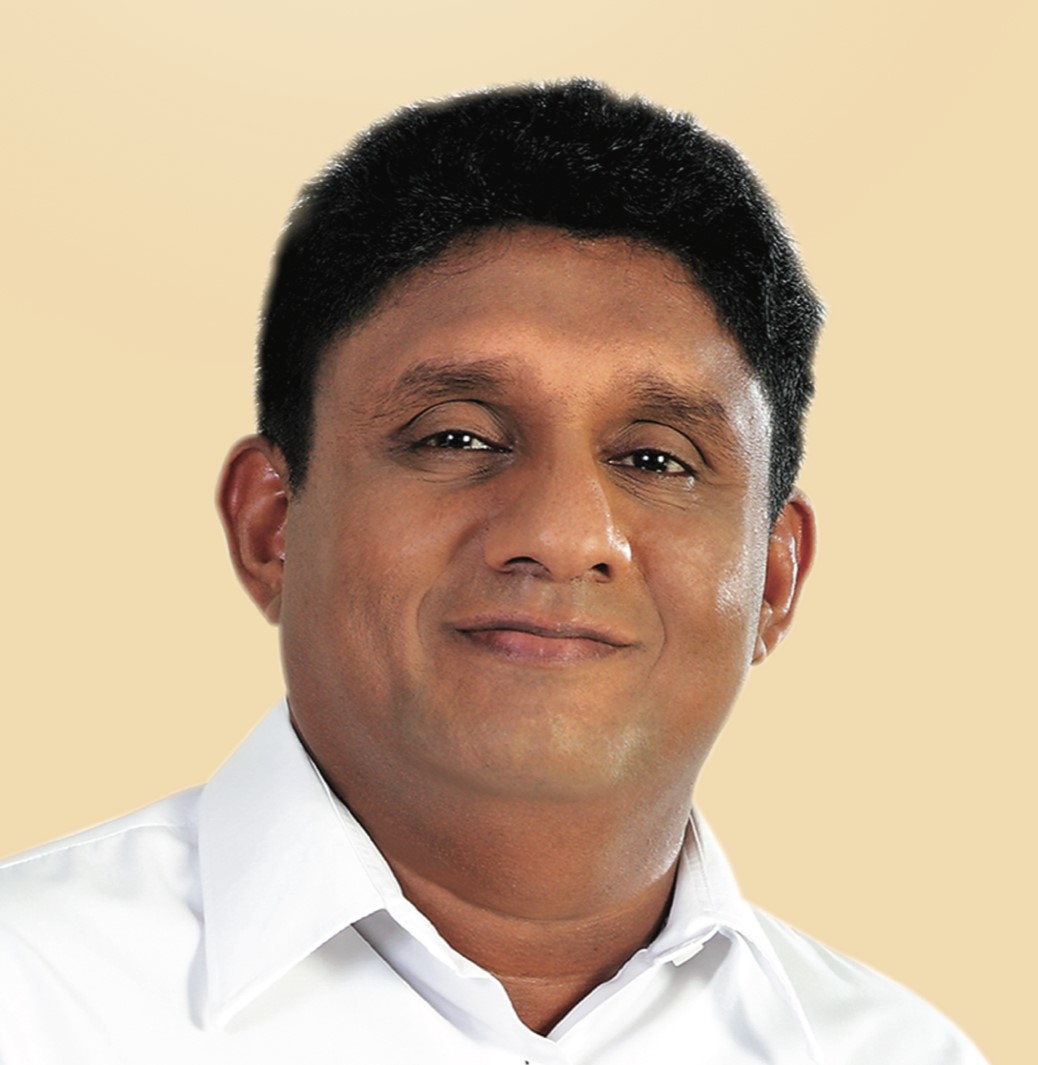Fact Check
MP Sajith Premadasa makes three claims: (1) representation of women in the current parliament is 5.8%; (2) the number of women in parliament has been low over time; and (3) the 2015-2019 government increased representation of women in local authorities to the level of 25%.
FactCheck assessed the MP’s claim using data from the Parliament of Sri Lanka and the Election Commission.
As Exhibit 1 shows, the MP is correct on the first claim – 13 out of 225 parliamentarians (or 5.8%) elected to the current parliament are women.1 Further, the MP’s second claim is also correct – from 1989 to date, representation of women in parliament has averaged 5.3%. This figure is low in relation to global norms as well – the Inter-Parliamentary Union and UN Women ranked Sri Lanka 183rd out of 193 countries on its share of women in parliament as at January 2019.
The number of women elected in the 2011 local government election was only 1.9%. In 2017 the amendment to the Local Authorities Elections Ordinance mandated a 25% quota for women appointed, and this law was followed in the 2018 local government elections. This corroborates the MPs third claim as well.
Based on the above information, we classify the MP’s claim as TRUE.
NB: There are weaknesses in the mechanism for implementing the quota, and the Election Commission has not published information on the actual percentage of women appointed in 2018. Verité Research estimated that at least 15% of those appointed will be women. The election commission in informal communications has provided the number as 22.1%.
*FactCheck’s verdict is based on the most recent information that is publicly accessible. As with every fact check, if new information becomes available, FactCheck will revisit the assessment.
Exhibit 1: Female representation in Parliament of Sri Lanka (1989 to date)

Additional Note
1 At present, only 12 of the 13 women elected to the current parliament, i.e. the Eighth Parliament of the Democratic Socialist Republic of Sri Lanka, are currently serving. MP Geetha Kumarasinghe was disqualified from being a member of Parliament on 3 May 2017 because she held dual citizenship in both Sri Lanka and Switzerland. Under the constitution of Sri Lanka, no person can be elected to the parliament if they hold dual citizenship. See Section 91(1)(d)(xiii) of the Constitution (as amended).
Sources
- Parliament of Sri Lanka, Lady Members, available at: https://www.parliament.lk/lady-members
- Elections Commission of Sri Lanka, Women in elections, available at: https://elections.gov.lk/web/en/all-inclusive-election/women-in-elections/
- Elections Commission of Sri Lanka, Local Authorities Elections (Amendment) Act 2017, available at: https://elections.gov.lk/web/wp-content/uploads/publication/acts/16-2017_E.pdf
- Inter-Parliamentary Union, Women in Politics: 2019, available at: https://www.ipu.org/resources/publications/infographics/2019-03/women-in-politics-2019
- The Constitution of the Democratic Socialist Republic of Sri Lanka (as amended up to 15th May 2015), available at: https://www.parliament.lk/files/pdf/constitution.pdf
- Verité Research, Women’s quota in local authority elections: Outcomes will fail the promise, available at: https://www.veriteresearch.org/2018/02/09/womens-quota-in-local-authority-elections-outcomes-will-fail-the-promise/


